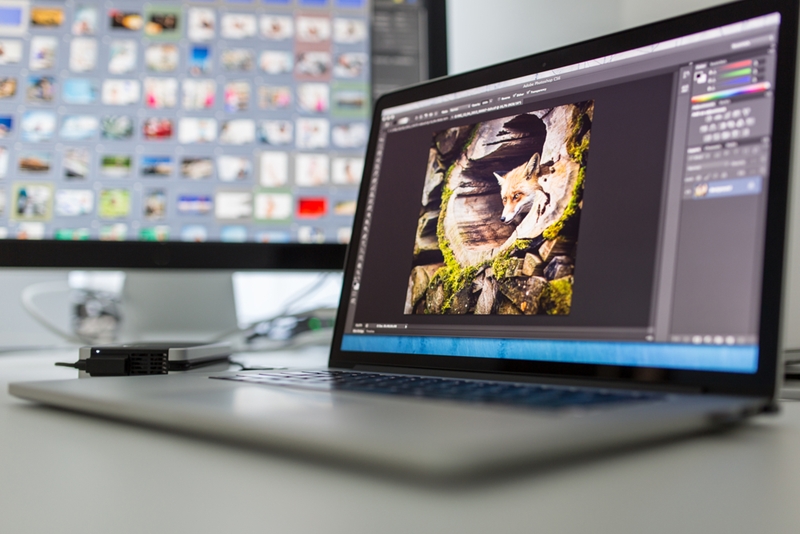
We live in a digital age, when it is possible to find just about anything online. This can be supremely helpful – with just the click of a few buttons, we can find out nearly any piece of information we need at our fingertips, thanks to the small devices most of us have in our pockets.
This can be exceedingly helpful when running marketing campaigns. We know what slogans and images will reach the audiences we’re trying to tap into, and figure out what will resonate best. But this also means that, thanks to the data available, that it can be tempting to cut corners.
Consider the fact that there are so many promotional images ripe for the taking online – photographers, because of their nature as visual artists, publish their wares on the internet to show potential customers what they can do. So, if you want to use their products, would it be possible to do so, just as long as you credit them in a caption or otherwise? After all, this would get them the promotion – or could this wind up violating intellectual property and a trade mark?
Does copyright apply?
Unlike in many other countries, the usual rule in Australia is that there isn’t a requirement for registration for copyright in Australia. According to the Copyright Act, when a work of art (such as a photograph) is created, the copyright is automatically owned by the creator, or, in this case, the photographer, unless the photograph was expressly commissioned for a client in a commercial contract.
If there is no commercial contract, the picture is owned solely by the photographer. That individual is the one with the exclusive rights to reproduce the image as he or she sees fit.
Use in a commercial setting
Why might an individual want to use a photographer’s picture in a commercial campaign? There are a number of potential examples, but take one instance: A dog leash company owner might have been surfing online and stumbled upon professionally taken pictures of a dog park, and noticed children playing with their pets, which were wearing her products. So, she used the copy and paste function, moved a few of the photos to her website and included the name of the photographer in the caption.
 Have you gotten permission to use that photograph before posting it to your website?
Have you gotten permission to use that photograph before posting it to your website?If a third party – that is, someone unassociated with the photographer, or the copyright owner – wants to use the photograph in question for commercial purposes, they would have to get express permission. This is usually done in the form of a license (which would serve as proof that the party has permission to reuse the image for this purpose), which may spell out the terms of use. The copyright holder would also likely be able to charge for the use of the copyright.
Moral rights play a part
In Australian law, however, moral rights do play a part. This means that the photographer, whether or not he or she technically holds the copyright, has the right to:
- Be recognised (and cited) as the creator of the photograph,
- Take action in court if the photograph is cited as being the work of another individual, and/or
- Take action in court if the photo that is altered is prejudicial to their reputation.
This, then, means that, in order for an image to be cited correctly if used in a commercial campaign, if someone other than the photographer owns the copyright, it is possible that both the copyright holder and the photographer would have to be mentioned.
But this also does not mean that it is safe to simply pull images off of a website and mention the photographer and supposed copyright holder in a caption. After all, if a professional photographer was working for a larger enterprise at the time, the employer may be the rightful copyright holder, or a client may have agreed to have his or her photographs published for promotional purposes.
What should you look for?
If you do want to use an image commercially and have found one on a photographer’s website, take a second look. Now that you’re aware that this shouldn’t be done, you may notice the precautions the professional has taken.
A knowledgeable photographer may have added contact details and a copyright notice within his or her pictures’ metadata, or included watermarks in the photo itself as an extra safeguard. Or, it could be that right-clicking to copy and paste has been disabled, which is a common precaution within this medium. Another way of signifying that this is protected intellectual property is including a section on the website with a statement saying that any reuse will be considered copyright infringement unless given express consent.
At Alder IP, we tailor to your business needs and work with you to make sure your intellectual property is protected and its value is maximised. We can assist with your patenting, trade mark and legal matters. Contact us today to discuss how we can best protect your great ideas and hard work.


